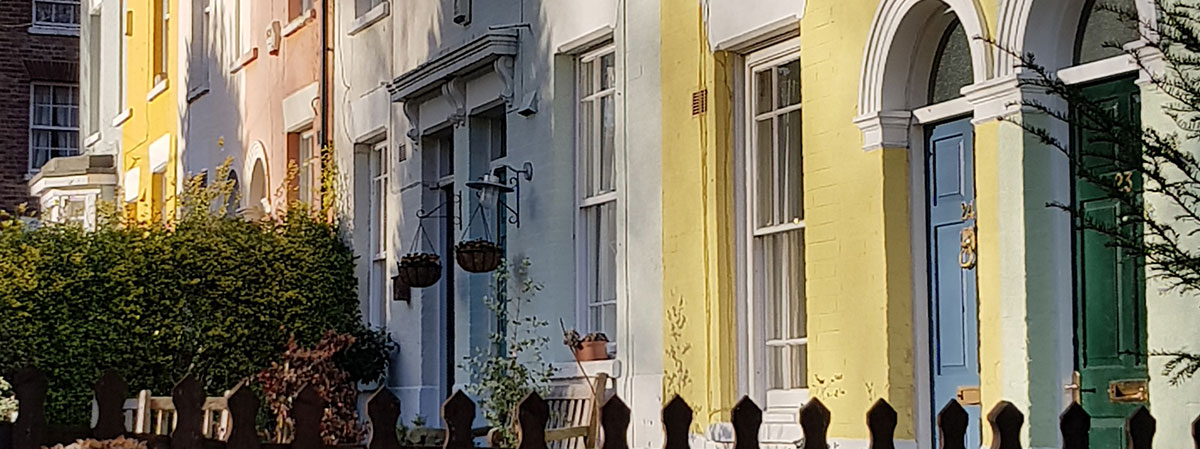Frequently Asked Questions
If your question isn't answered below, or you would prefer to speak to somebody, then please contact us.
Do I need a survey?
We understand that when you are buying a property it is an expensive time and a survey can seem like a luxury. However, without one you risk not making a fully informed decision, perhaps paying too much for the property or taking on more work than you anticipated. Both the Consumers Association Which? and the Council of Mortgage Lenders recommend getting a survey.
A RICS Home Survey will highlight potential problems helping you to avoid the average £5,750 repair bill that home buyers face once they have moved in to their new home.
You may be able to use the survey findings to negotiate a price reduction or ask the seller to make the necessary repairs before you exchange contracts.
When buying a house it is very much a case of “buyer beware” and it is worth remembering that the estate agents are acting for the seller and are not duty bound to inform you of any problems. By having an experienced and qualified surveyor on your side you reduce your risk and enter the purchase with a clearer understanding of what you are buying.
There are different types of survey for different properties and you will be able to speak to your surveyor both before and after the survey to discuss any points or concerns.
I’m having a mortgage valuation, doesn’t this cover me?
A mortgage valuation is solely for the benefit of the lender. The valuer is only there to confirm to the lender that the property is worth the amount that you are borrowing. This can be carried out on a drive-past or desktop basis and if inspected, then the valuer would only usually be at the property for 15-20 minutes. It is worth remembering that it is in the lenders interest for you to proceed and borrow the money from them.
In most cases the lender's report is completed using standard paragraphs and tick boxes. This will often highlight little more than the value and might include a couple of general sweeping remarks about condition. You may not even be entitled to a copy of the report.
According to a recent survey of home buyers, of the one in four who relied solely on a mortgage valuation report, 25% needed to undertake unplanned work within the first year, amounting to an average cost of over £1,100 (RICS/GfK NOP Business research).
What will the surveyor look at?
There are different levels of survey inspection, depending on the property type and the needs of the buyer.
The property will be inspected inside and out, including all permanent outbuildings. We will check for signs of dampness, timber defects, structural movement, etc. The report covers the roof, rainwater goods, internal and external walls, joinery, floors, roof space, cellars, etc. as applicable. These are all covered separately in the written report and given a colour coded rating.
The services (gas/oil, electrics, water, drainage, heating and hot water systems) are commented upon and given ratings. It should be noted that surveyors do not test the services, but recommendations for this will be made if considered necessary.
We will also list matters for your legal advisers, that might include past works requiring building regulation approval or apparent issues with rights of way or boundaries. Your legal advisers will not visit the property and this information can therefore prove very useful and also help to avoid problems when you come to sell the property later.
What is the process for ordering a survey?
We would need to take your name and contact details, the address of the property to be surveyed and details of the seller or their estate agent.
We will then arrange the survey appointment and issue terms and scope of engagement, your invoice and accompanying consumer guides from the RICS. This is normally done by email, but can be posted if you prefer.



